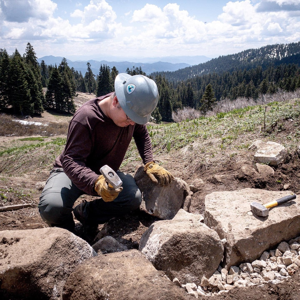Your observations are correct; we pin a subset of FQDNs to always utilize Azure DNS (168.63.129.16 address). This is as per design due to Azure's internal architecture. As a workaround, customers can associate the privatelink DNS zone to the virtual network, regardless if they are utilizing custom DNS servers on the Vnet or not. This experience will be improved in an upcoming feature, targeted for the back half of this year. Hope this helps.
Please let us know if you have any further questions and we will be glad to assist you further. Thank you!
Remember:
Please accept an answer if correct. Original posters help the community find answers faster by identifying the correct answer. Here is how.
Want a reminder to come back and check responses? Here is how to subscribe to a notification.



